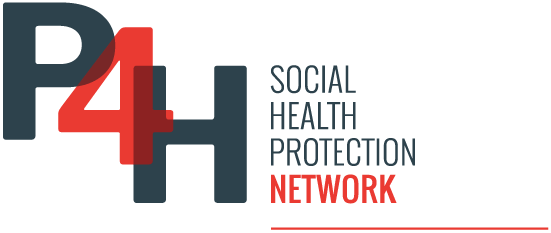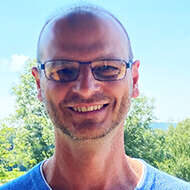{“preview_thumbnail”:”/sites/default/files/styles/video_embed_wysiwyg_preview/public/video_thumbnails/Vp7O2AZcqoQ.jpg?itok=2PxoCRS9″, “video_url”: “https://youtu.be/Vp7O2AZcqoQ”, “settings”:{“responsive”:1, “width”: “854”, “height”: “480”, “autoplay”:1}, “settings_summary”:[“Embedded Video (Responsive, autoplaying).”]}
Since 2008, Help has been working on pilot projects to improve access to healthcare for vulnerable groups in Burkina Faso, with financial support from the European Union (ECHO). Based on these experiences, the government of Burkina Faso has taken strong decisions to improve access to healthcare for all, and especially for vulnerable groups: Free healthcare for children under 5 and pregnant women has been in place since 2016; The law on the introduction of Universal Health Insurance has been passed and the National Universal Health Insurance Fund has been created and its DG appointed; At this stage, the population has many questions and concerns about their access to healthcare, as do decision-makers and technical and financial partners. To answer these questions and to further inform the general public about these two measures that should lead to Universal Health Coverage in the medium term, Help organized a panel of experts in November 2018. Beyond the Burkinabe audience, this panel aims to contribute to the scientific debate on access to healthcare for vulnerable groups and UHC in developing countries.

